Blizzard has big plans for Heroes of the Dorm. The college esports tournament held its first event in 2015, and served as the coming out party for the then-nascent MOBA Heroes of the Storm—awarding free tuition to five Berkeley students live on ESPN after they beat Arizona State in a close, edgy 3-2 series.
That Arizona State team would go on to win the 2016 bracket, sweeping UT Arlington three games to zero, and last month, Arlington earned their vengeance in the grand finals against LSU. It speaks to the spiky regiments of talent in limited college player pools that, for three years running, the second-place finisher has run roughshod through the depleted bracket the former top seed left behind.
With Blizzard affirming that it intends to support the Dorm program for the foreseeable future, that opens up a pretty clear path for Ben Hosford and his LSU teammates.
“You do have the classic prophecy. ASU lost in the finals then won it, UT Arlington lost 3-0 and then won it, now we’ve lost 3-0 to UTA—so the prophecy will fulfill itself out somehow,” he says.
It’s the same air of inevitability that filtered through the tournament’s final days. The other teams were lovable and said the right things—especially the two sets of two brothers that made up the North Carolina squad who seemed extremely satisfied with their placement in the Heroic Four and happy to treat everything else like gravy. But the best team in the building was the second-best team from last year. In the wild west of esports, suitable competition can be surprisingly thin. That’s great news for the dominant teams, less so for the Heroes of the Dorm organizers. This year’s tournament was broadcasted live on Facebook to millions of layman viewers, the previous two brackets were hosted on ESPN. It’d be nice to encourage some better games.
There was a not a moment where UT Arlington looked even remotely fazed. It’s funny how Dorm, which transparently apes the varsity fervor of March Madness, can’t seem to replicate the unpredictable swings of fate that gives the basketball tournament its namesake. Things could always change, but right now Hosford has the right to feel confident.
“Heroes is pretty stagnant at the top of competitive play, we’ve not seen a ton of players come into the game that have been good competitively,” he says. “University of Tennessee-Knoxville are losing three players, UC Irvine are losing two players … we’re all graduating in 2019 or 2018 so we know that we’ll be there for the next two competition years.”
Blizzard is on record saying it intends to support Heroes of the Dorm for the foreseeable future. Tespa, the collegiate esports division that helps produce the tournament, gave away $800,000 of scholarship money in 2017 alone. It’s always been a great idea. Esports is notorious for its lack of surprise. The best organizations routinely field squads that outclass lesser opponents. Stripping down the talent pool to players under the same school colors seems like a good way to deplete the superteams that make the scene less exciting.
And to be fair, the aesthetics of Dorm are already working. UNLV’s Thomas & Mack Arena packed in a capacity crowd—dozens of Tigers, Anteaters, and Mavericks as far as the eye can see. As always, talking to the players competing was the best part. They all have nascent esports clubs back on campus that they’re supporting. Some organized live viewing parties. Some are cutting class and cramming for exams in the few moments they have to spare.
But then the tournament starts, and the men are immediately separated from the boys. It’s a rude awakening, and it points to the disparity of resources between the teams. There is no governing body controlling the specific regimens of college esports, which means a team like UC Irvine gets to enjoy a fully-operational training ground, while others have to go to each of their professors individually to get a break from school.
This is a primary concern for Tespa, the collegiate esports initiative that partnered with Blizzard in 2013. Tespa has been instrumental in the organization of amateur Heroes, Hearthstone, and Overwatch tournaments. Initially, the organization was founded as a gaming club at the University of Texas. If esports will thrive on university campuses, it first has to be recognized as a legitimate, donor-respected interest.
“One of our goals is to create a world where gaming is supported by universities at an equal (if not higher) level than traditional sports,” says Adam and Tyler Rosen, co-founders of Tespa. “We want to make it easier for universities to want to support their esport athletes, and that’s why it’s so important for us to be educating them about the opportunity that esport competition provides, not only for students individually but for the entire university. “
They added that “it’s important for us to be cultivating communities on campus that will encourage their universities to support esports. It’s no coincidence that the universities that have adopted esports programs are the ones with the most robust communities.”
To be clear, Tespa claims it doesn’t see the pattern of dominance in Heroes of the Dorm as a huge problem, and more the predictable consequences of the spirit of competition. “We’ve built system where the teams and players that invest more in their craft see the fruits of their labor over the years,” the pair said in a statement. “For example, Heroes of the Dorm 2017’s champions—the University of Texas, Arlington—were defeated at Heroes of the Dorm 2016 and did everything to ensure they won this year. Like Arizona State University the year before, they won because they took the competition as seriously as any traditional collegiate athlete would. They had discipline, consistency and motivation.”
That’s at least partially true. There’s no doubt that the teams that won Dorm are all composed of great players. But I do wonder how these early tournaments will look in the coming decades, as esports as an industry settles into a groove. The past three Heroes of the Dorm brackets are reminiscent of the legendary sagas of the early Boston Celtics and Montreal Canadiens—fantastic teams who lorded over a field of other semi-pro scrubs who had no chance of stepping to their majesty. Eventually there will probably be a network of fully funded esports clubs on campus, and the parity will start to shake out. But Blizzard (and the rest of the industry) isn’t waiting for the infrastructure. This is happening now. Either catch up or be left in the dust. That’s bad news for a lot of schools, but it’s great for someone like Ben Hosford. He’ll happily take any money Blizzard puts up.
“Looking at next year I don’t think there will be any team to challenge us,” he says. For now, he’s absolutely right.



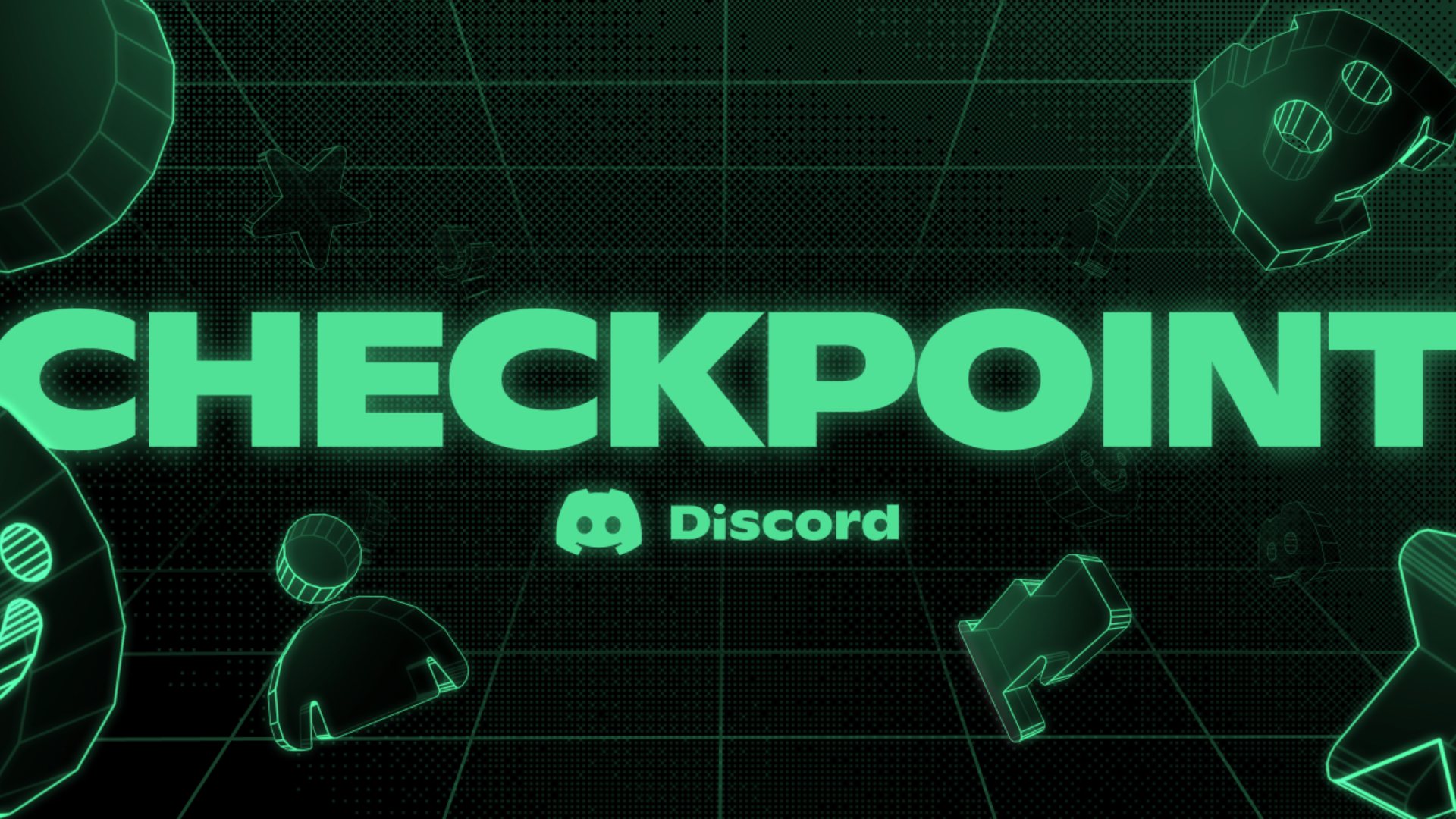


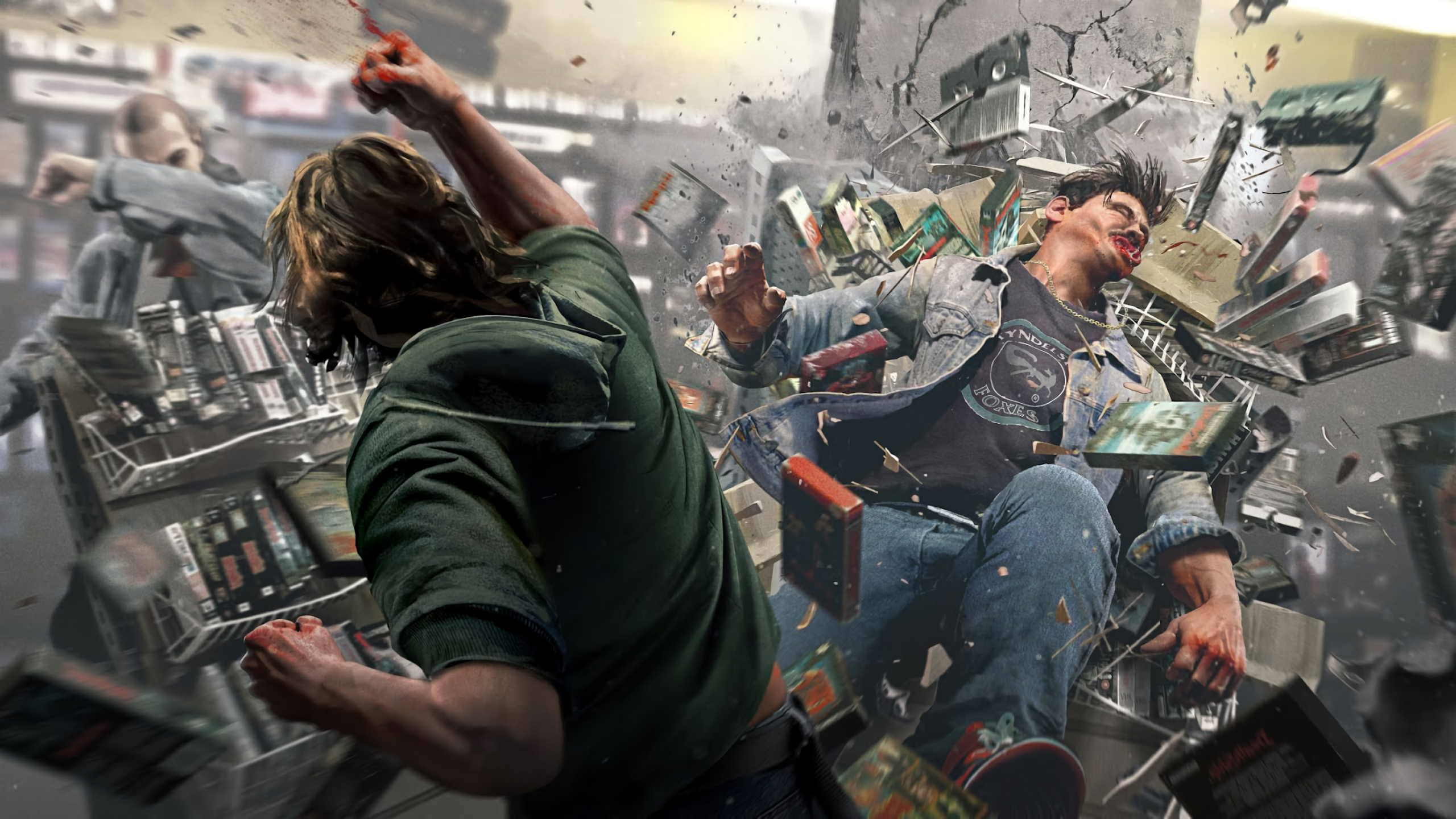
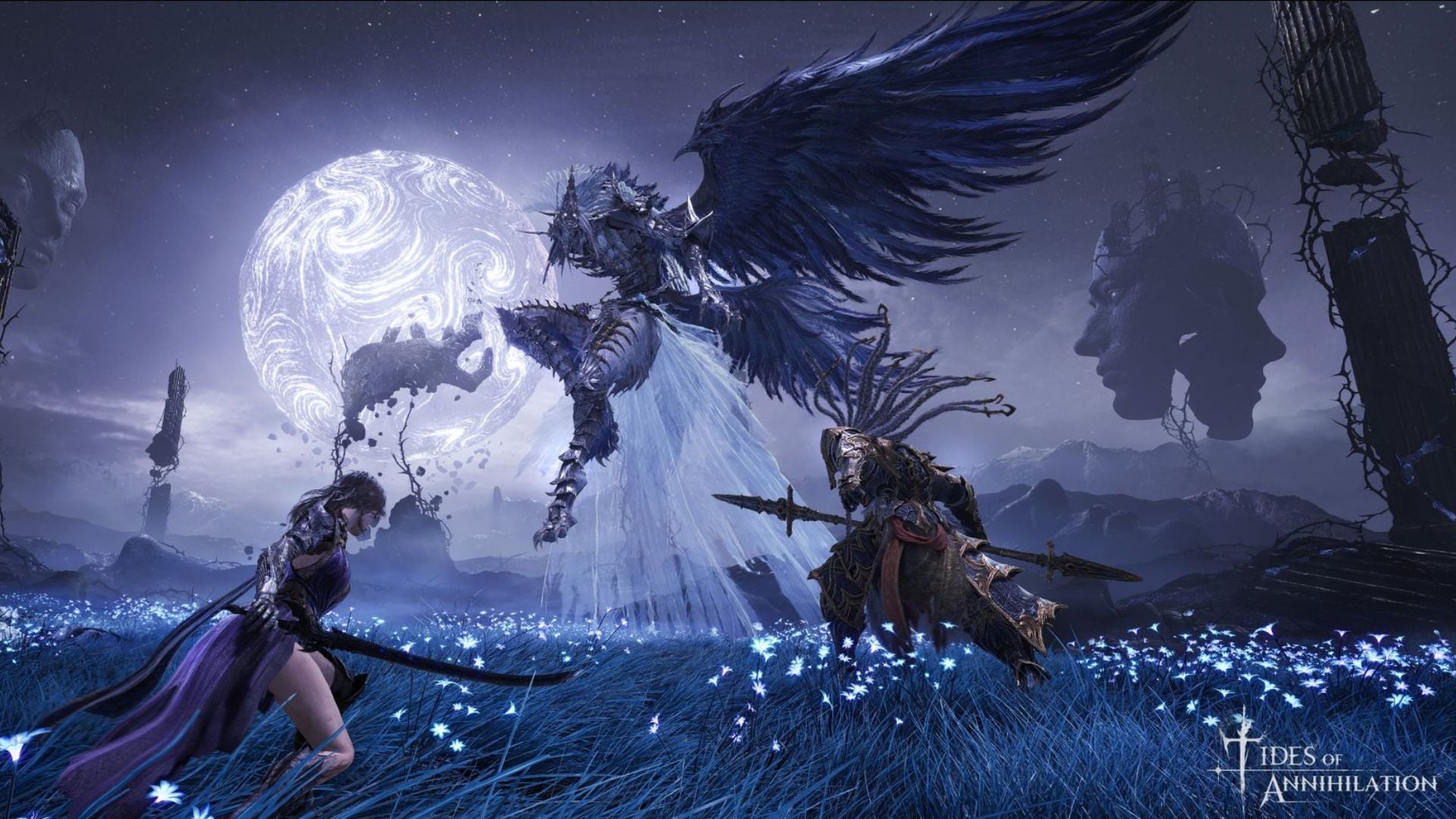
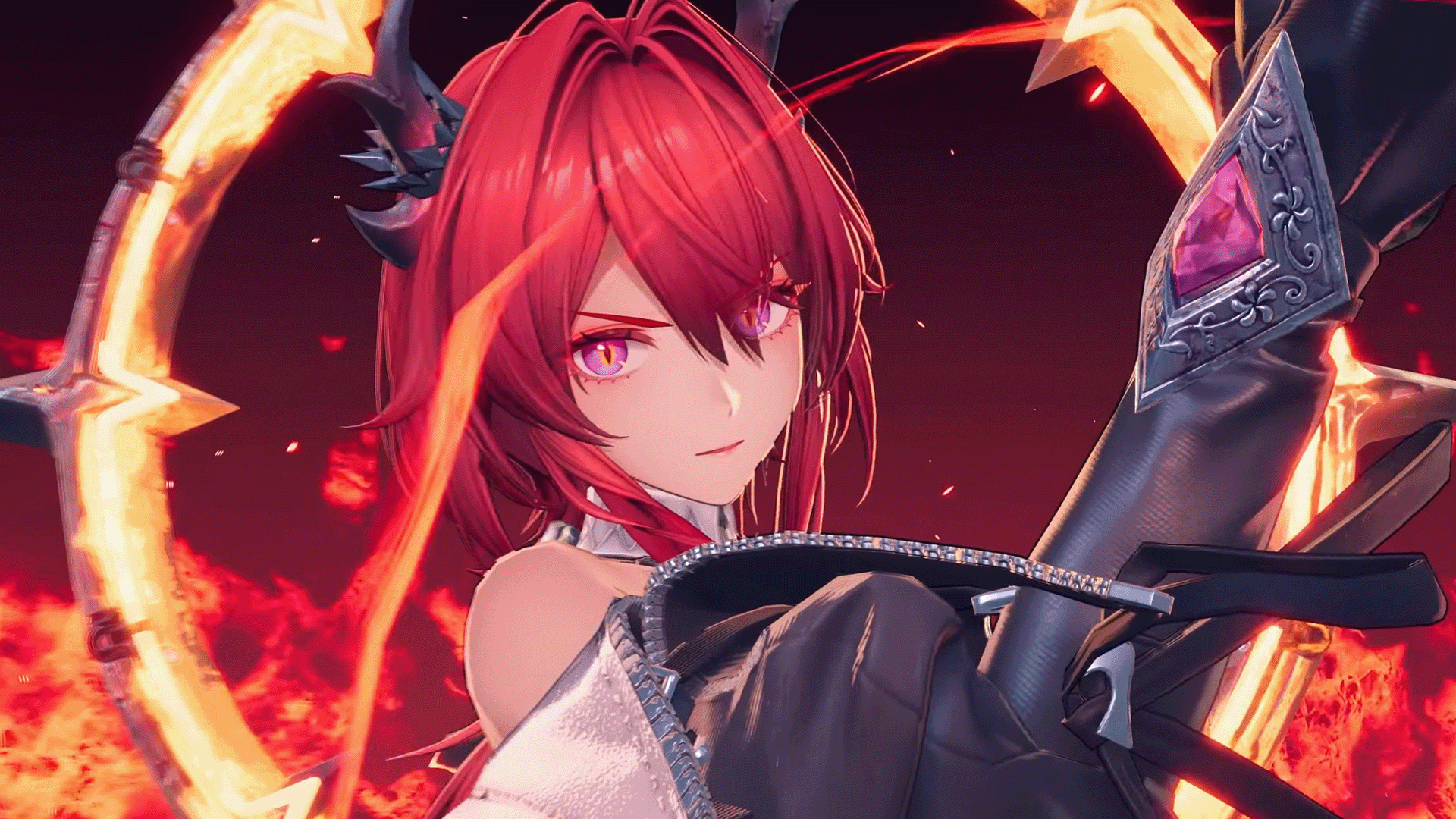


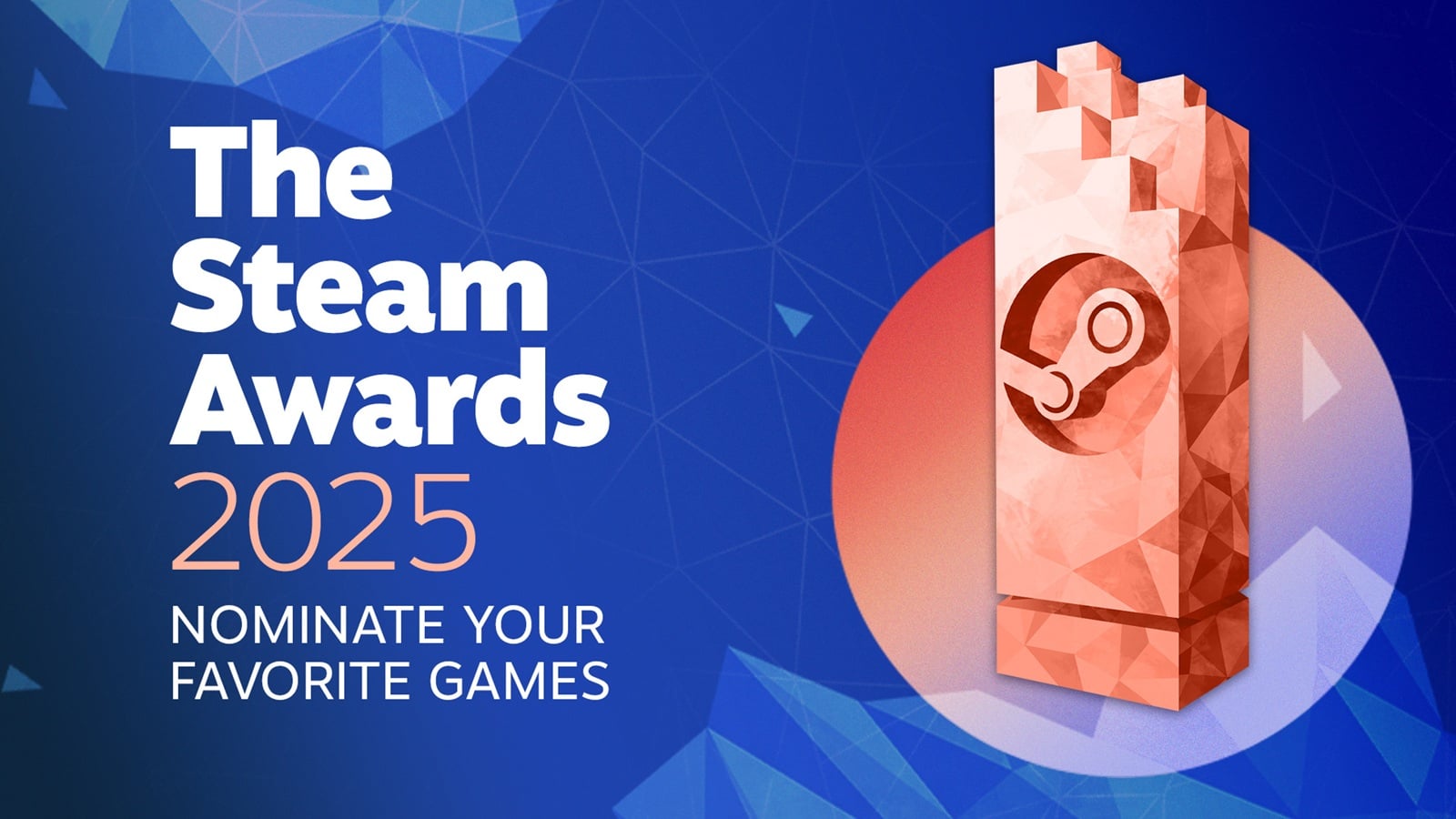

Published: Jun 5, 2017 02:40 pm